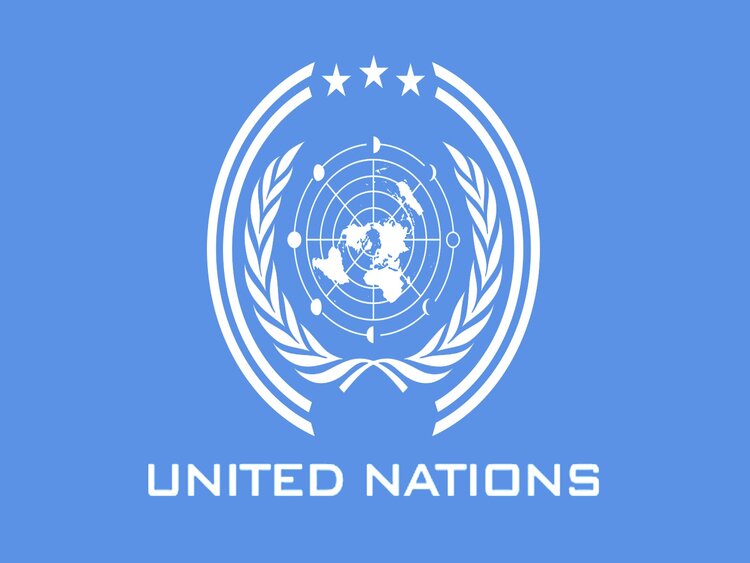Saturday 27th July 2024

United Nations and its fellow partners launched a COVID-19 response plan to mobilize USD 83.7 million over the next three months.
The response plan aims to assist 750,000 Nepali citizens who have become the most vulnerable by the viral outbreak of COVID-19.
Endorsed by both the Nepal Humanitarian Country Team and the government’s Crisis Management Centre, the plan aims to strong-arm the Nepal government’s COVID-19 response.
“The current outbreak is having a devastating impact not just on health but across all sectors, hitting the poorest and most marginalized people in Nepali society the hardest. The COVID-19 Response Plan that we are launching today calls for swift action and international solidarity that is desperately needed to save lives and prevent unnecessary suffering today, tomorrow, and in the difficult weeks to come. We have no time to lose,” the statement quoted UN Resident Coordinator Sara Beysolow Nyanti.
After several months of relatively low daily cases in Nepal, infections began to increase rapidly in mid-April, rising from 150 cases per day in early April to over 8,000 cases per day since 5 May. Over 44% of COVID-19 tests nationally are coming back positive, suggesting that case numbers are much higher than reported.
Despite the surge beginning almost three weeks after India’s, Nepal is experiencing roughly the same number of daily cases per million as India, but with a health system whose capacity is much more limited. However, the Himalayan country is battling the virus with limited healthcare resources.
With COVID-19 health issues taking precedence, WHO felt that Nepal is beginning to ignore other pressing issues such as malnutrition, chronic hunger, and economic setbacks
Elke Wisch, UNICEF Representative for Nepal, said the rising cases had crippled Nepal’s fragile healthcare facilities. “As we respond to the immediate health crisis to help save lives, we cannot forget the devastating broader impact the current COVID-19 surge has on children and young people in Nepal,” she said.
She further added that the kids are now cut off from vital support networks. With both parents and caretakers falling prey to the pandemic, Elke lamented that the kids are now being subjected to scenes which they ought not to witness. The representative prayed that the world comes together to save the children of Nepal.
Dr. Rajesh Sambhajirao Pandav, WHO Representative to Nepal, commented that the unwanted surge increased the demand for oxygen cylinders and other medical supplies. “While WHO and partners are supporting the Nepali Government’s endeavors in mounting a robust response, fighting the pandemic necessitates international solidarity. I appeal to friends of Nepal from around the world to come forward and help with fulfilling the needs of the hour,” the statement quoted Sambhajirao as saying.
“The Government of Nepal is leading the response, but capacities are stretched to breaking point and international solidarity is urgently needed to assist the most vulnerable people with life-saving response activities in health, food security, education, nutrition, shelter, protection and water and sanitation,” the statement further said.
Stay Tuned to NepaliSansar for Latest Nepal COVID-19 Updates!
More News: